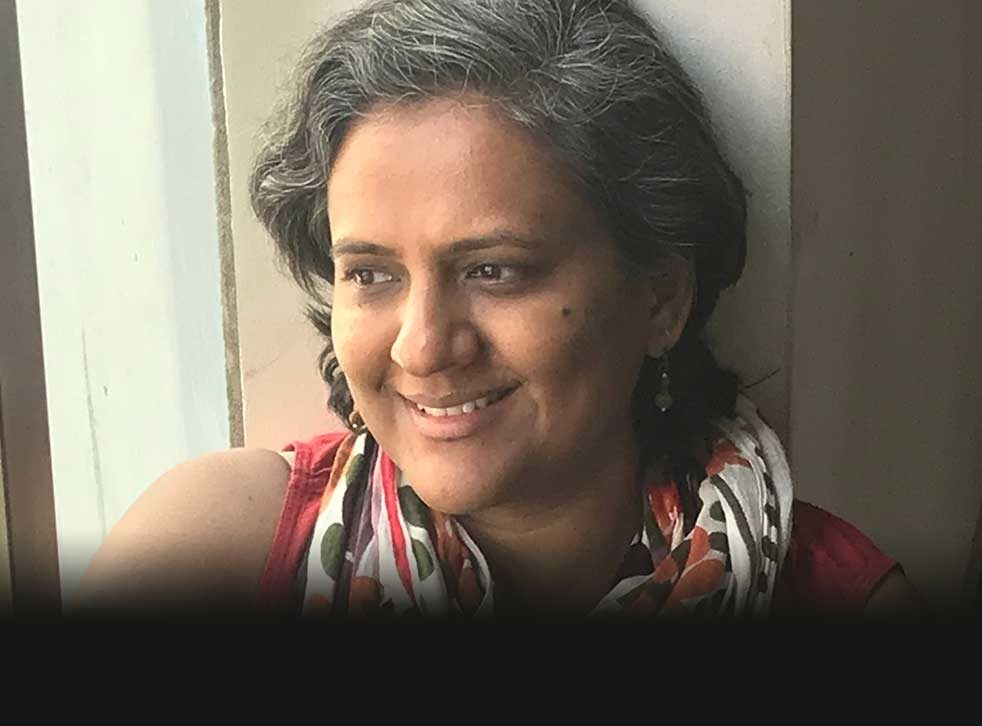
International Women's Day 2018: Josyula K. Lakshmi, Senior Research Fellow
It’s International Women’s Day and this year’s theme is #PressForProgress. What does the word “progress” mean to you in regards to women and gender?
Progress means speedy and strong movement away from inequity, and towards the creation and nurture of environments supportive to well-being for all.
What does gender equity mean to you as a health researcher?
Gender equity means that everyone, of every gender, has opportunities to attain and enjoy good health. As a researcher, I keep in mind that this ideal will require special attention to the participants and processes in research.
What impact will your research have on women’s health around the world?
I hope that my research will contribute to a better understanding of the health of women, and of the association of personal practices and perceptions to individual health, population health, and planetary health, as we work towards the SDGs.
In recent years there has been an increasing effort to encourage girls to enter STEMM fields (Science, Technology, Engineering, Maths and Medicine). As an academic, what are your thoughts on how we could better achieve gender equity in research?
Supporting women students, academics, and researchers through grants and fellowships, placing women in positions of administration and governance, and supporting research into gender are some ways that would encourage the participation of girls and women in STEMM fields.
What do you think are the biggest challenges and priorities for women internationally right now, and what are the biggest opportunities for the future?
The principal challenges that women face are of suboptimal health and well-being, and risk of injury, through the life course – femicide, violence, denial of rights, communicable and non-communicable diseases, ageing in unhealthy conditions, and inadequate opportunities for education, employment, recreation, and expression.
The future holds the promise of numerous solutions to assure gender equity, through social and policy change, provision, and empowerment, all of which would benefit from high quality research and advocacy.
Why are days like International Women’s Day important to you?
Days such as International Women’s Day highlight people or conditions that have traditionally not been accorded much attention, and may continue to be inadequately addressed in the present and future, and facilitate the rallying of resources to address, in a concerted and effective manner, the problems arising from that neglect.
Name a woman that has inspired you, either professionally or personally.
My mother, Saraswathi R. Rao, has inspired me with her intellect, independence, iconoclasm, humour, and empathy.



